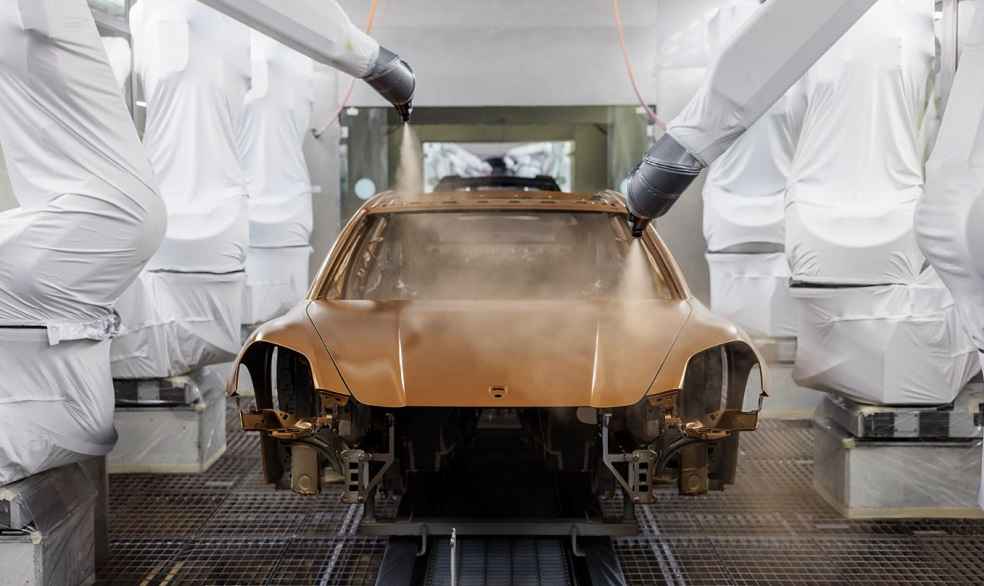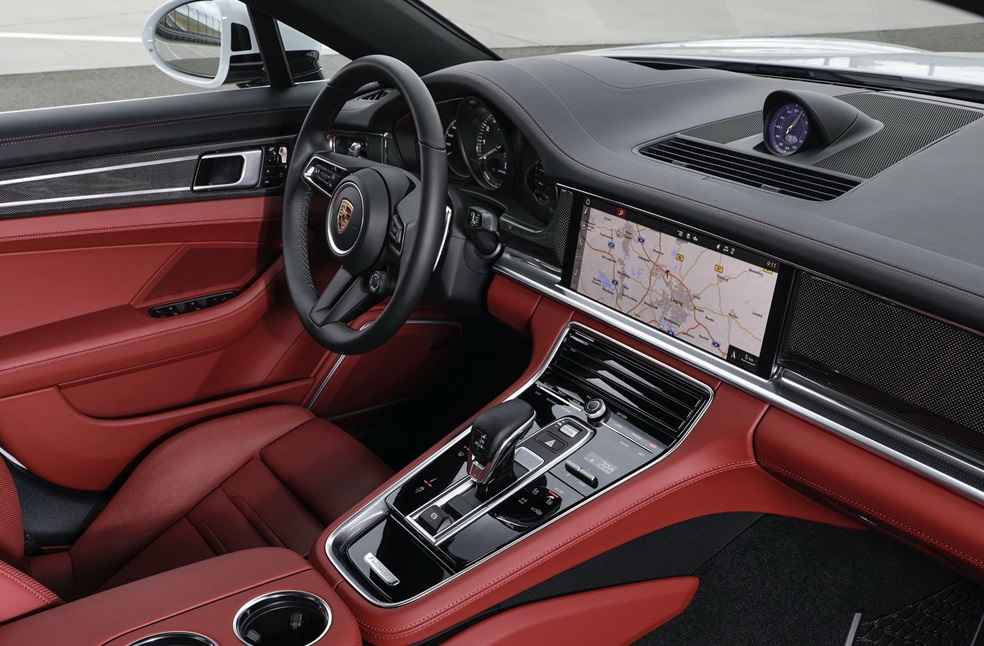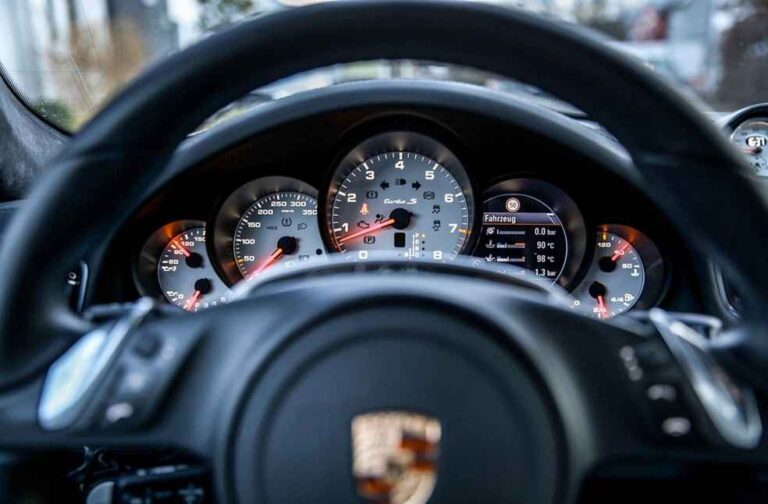Porsche has launched a new recycling initiative that converts mixed waste from end-of-life vehicles into high-grade foam used in steering wheels.
The project is being developed in partnership with German chemical producer BASF SE and Austrian technology firm BEST (Bioenergy and Sustainable Technologies).
End-of-life cars generate large volumes of automotive shredder residue, a complex mix that typically includes plastics, textiles, glass, foam, dust, and paint. Most of this material has historically been incinerated because it cannot be easily separated for reuse.
The new program uses gasification, a process in which waste is heated to more than 700°C with very limited oxygen. BASF converts the output into syngas, which is then processed into polyurethane for use in steering-wheel foam.

Porsche says the polyurethane produced through gasification matches the quality of conventional, fossil-based material. The recovered foam is now being supplied to manufacturers producing steering wheels for new Porsche vehicles, reducing reliance on virgin petrochemical feedstock.
To verify the use of recycled content, Porsche is applying the mass-balance method, a certification approach that tracks sustainable raw materials throughout the production cycle.
Independent auditors monitor compliance to ensure the scheme delivers measurable reductions in environmental impact rather than relying on superficial sustainability claims.

The initiative addresses longstanding technical barriers in automotive recycling and demonstrates the potential for high-value components to be made from materials once considered unusable.
Porsche’s pilot program is expected to expand, offering a model for how the wider industry can close the loop on vehicle waste while maintaining performance and quality standards.
NEW LAUNCH | Lucid Unveils the New Gravity Touring Ahead of LA Auto Show





